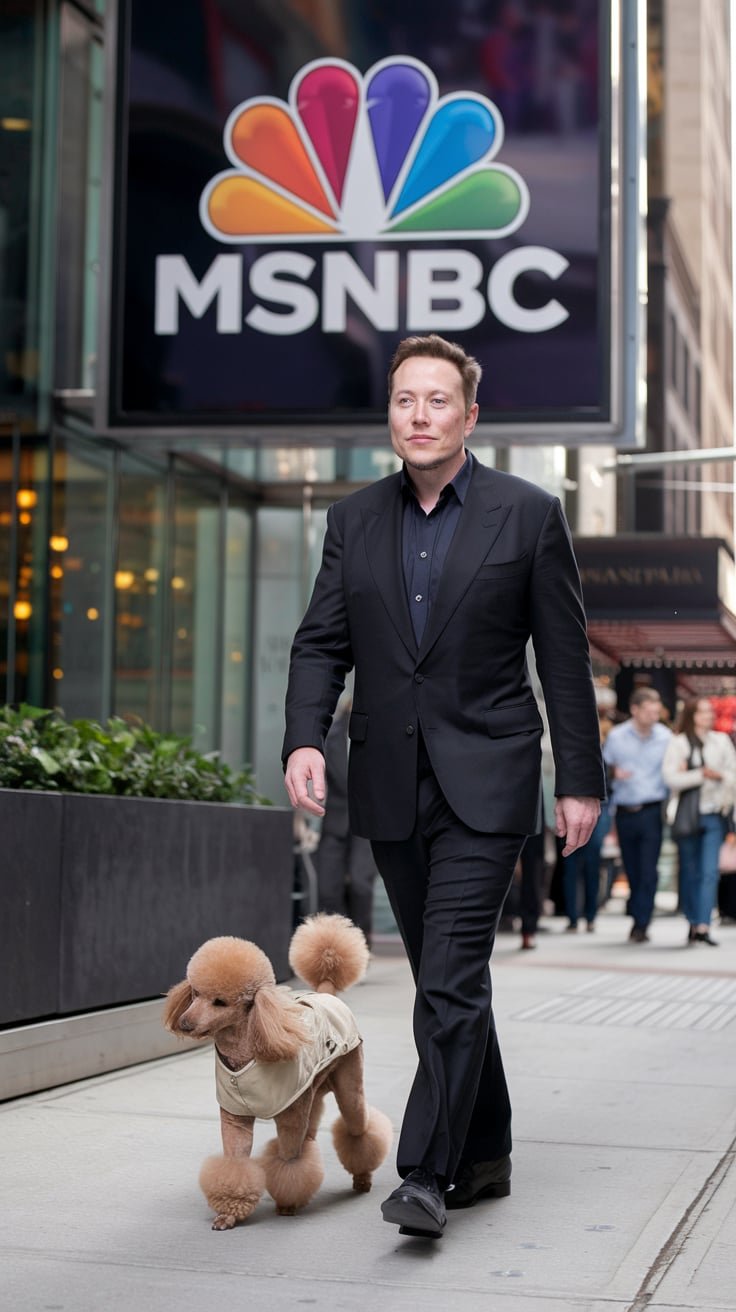FLOSSI PONDERS MSNBC DEAL
"To his dog, every man is Napoleon; hence the constant popularity of dogs."
– Aldous Huxley, writer and philosopher
In the 19th and 20th centuries, several notable individuals blended careers in media or entertainment with involvement in U.S. politics, often using their platforms to influence public opinion or pursue political office. Here are some examples:
19th Century
1. Horace Greeley:
Media: Founder and editor of the New York Tribune, one of the most influential newspapers of the 19th century.
Politics: Greeley was a prominent political figure who supported the abolitionist movement and ran for president in 1872 as the candidate of the Liberal Republican Party.
2. P.T. Barnum:
Entertainment: Known as the Barnum & Bailey Circus founder, Barnum was a master showman and marketer.
Politics: Served as a member of the Connecticut Legislature and later as the Mayor of Bridgeport, Connecticut, using his influence to advocate for causes such as temperance and antislavery.
3. Frederick Douglass:
Media: As a former slave, Douglass founded and edited several abolitionist newspapers, including The North Star, to advocate for emancipation and civil rights.
Politics: Douglass held various political appointments, including U.S. Marshal for the District of Columbia and Minister Resident to Haiti.
20th Century
1. William Randolph Hearst:
Media: Built a vast newspaper empire, including the San Francisco Examiner and New York Journal, and became a pioneer of "yellow journalism."
Politics: Served as a U.S. Congressman from New York (1903–1907) and unsuccessfully ran for Mayor of New York City and Governor of New York.
2. Joseph Pulitzer:
Media: Pulitzer, who published the St. Louis Post-Dispatch and New York World, used his newspapers to champion progressive causes and expose corruption.
Politics: Served as a U.S. Congressman from New York (1885–1886) and was deeply involved in political advocacy through his media outlets.
3. Al Jolson:
Entertainment: A celebrated vaudeville and Broadway performer known for his groundbreaking work in The Jazz Singer (1927), the first "talkie."
Politics: Actively campaigned for various political figures and supported war efforts during World War II through USO performances.
4. Ronald Reagan:
Entertainment: A Hollywood actor and Screen Actors Guild president during the 1940s and 1950s.
Politics: Transitioned into politics, serving as Governor of California (1967–1975) and later as the 40th President of the United States (1981–1989).
5. Shirley Temple:
Entertainment: A child star of the 1930s and one of Hollywood’s most iconic actresses.
Politics: Served as a U.S. diplomat, including roles as U.S. Ambassador to Ghana (1974–1976) and Czechoslovakia (1989–1992).
6. Bing Crosby:
Entertainment: An iconic singer and actor, Crosby became a cultural phenomenon through his music and films.
Politics: Though he did not hold office, Crosby was an active supporter of various political campaigns, including that of Dwight D. Eisenhower, and used his platform to influence public opinion.



